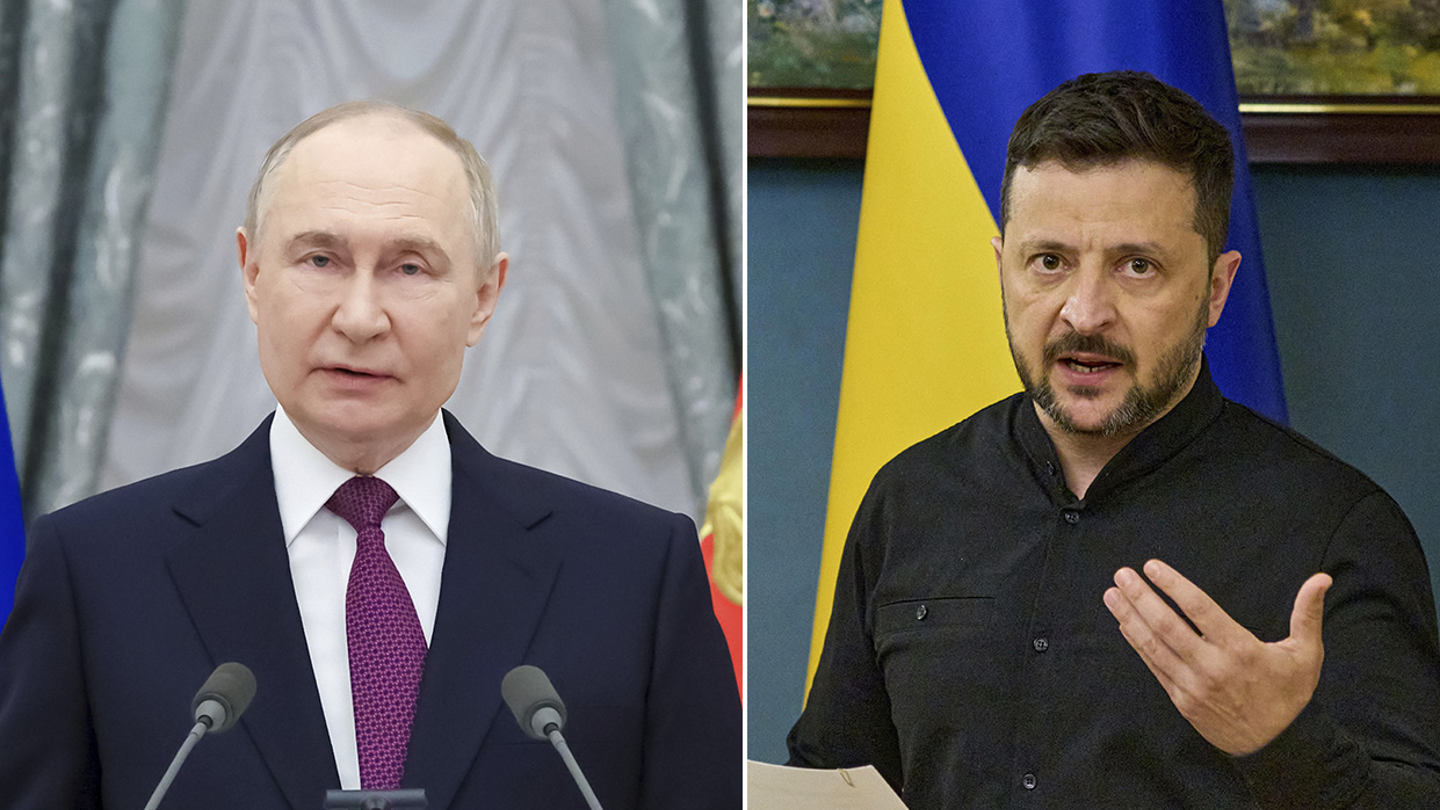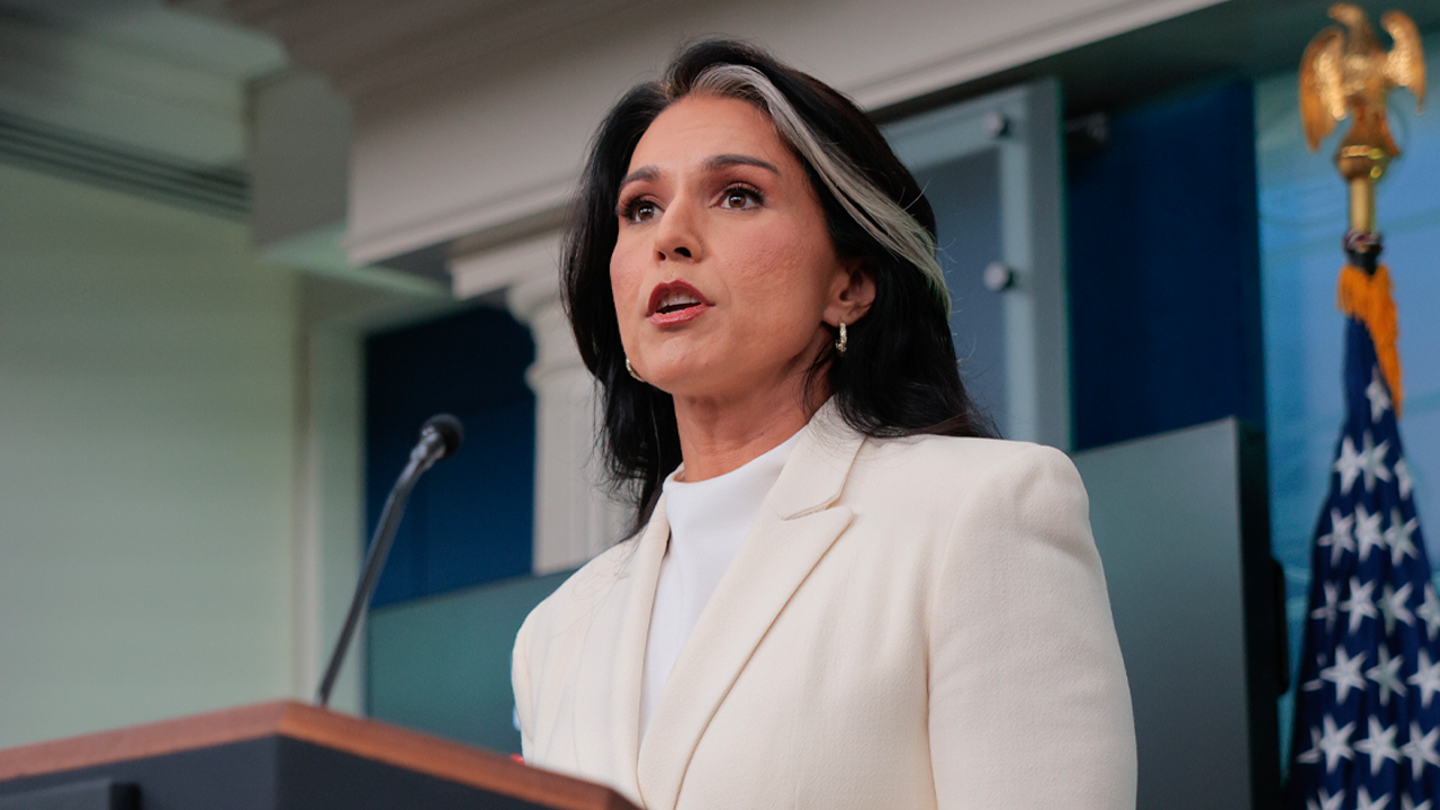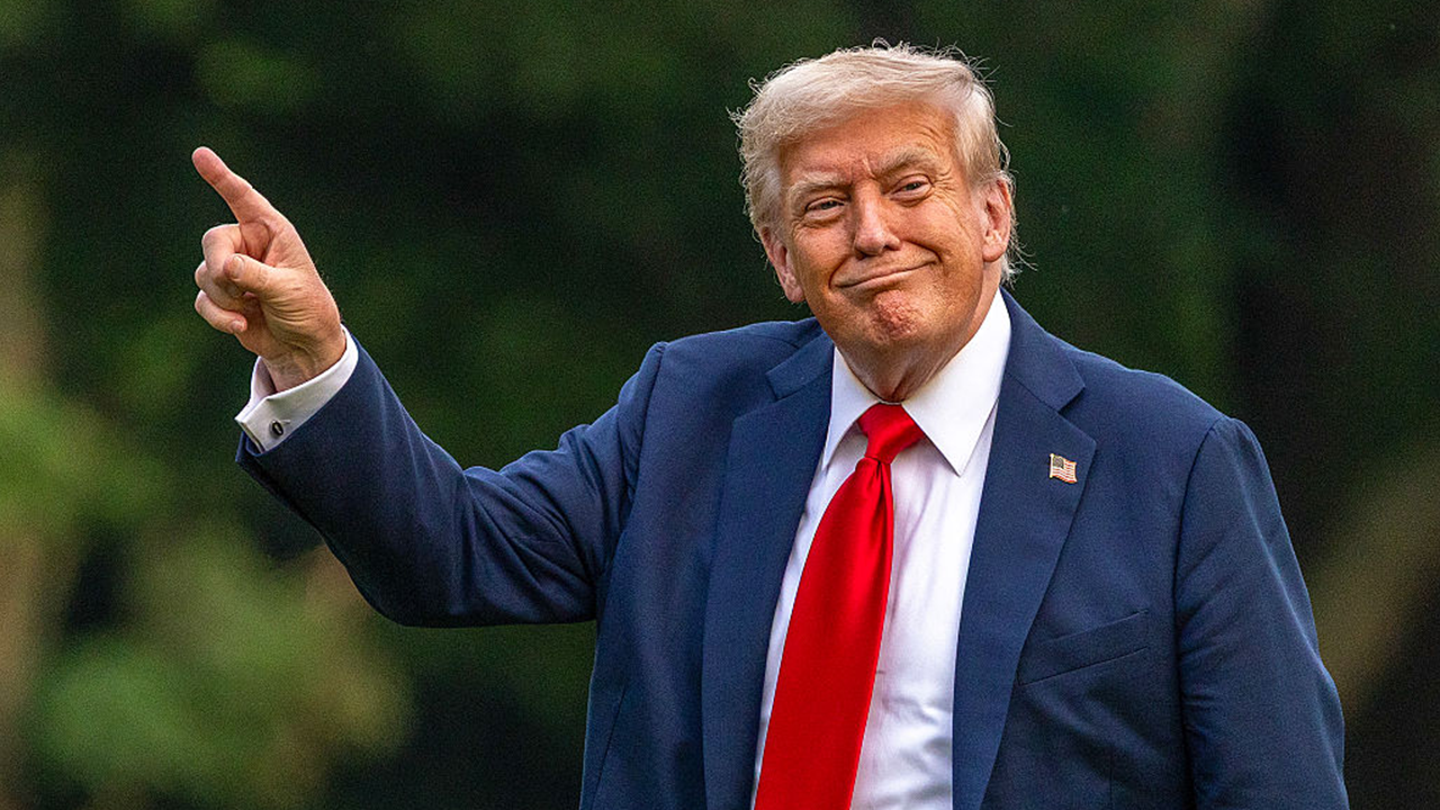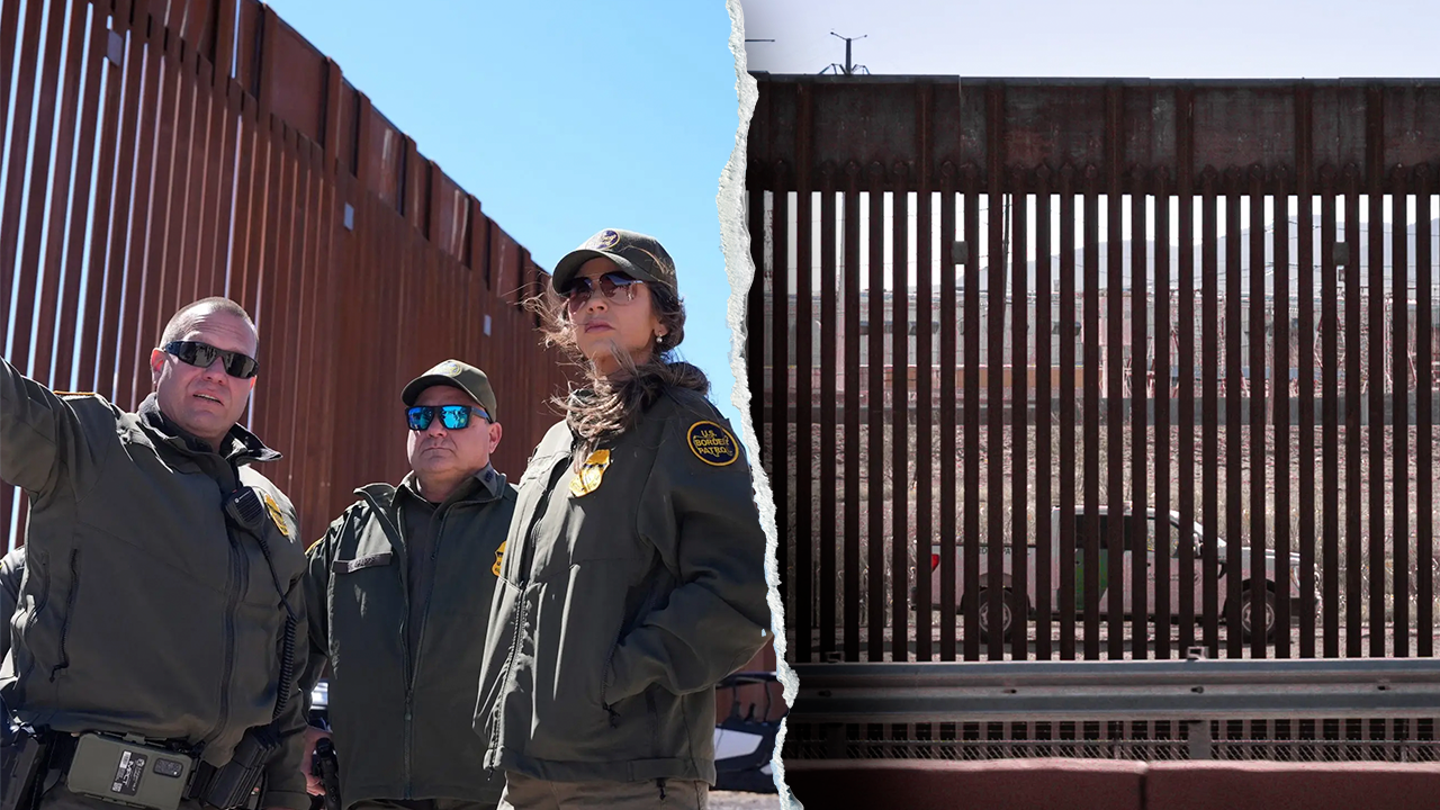Entities mentioned:
- Israel Defense Forces (IDF): Justice, Security, Duty
- Shin Bet: Security, Duty, Justice
- Jihad Kamal Salem Najjar: Revenge, Control, Loyalty
- Yarden Bibas: Justice, Closure, Self-preservation
- Hamas: Control, Power, Revenge
Article Assessment:
Credibility Score: 75/100
Bias Rating: 65/100 (Lean Right)
Sentiment Score: 35/100
Authoritarianism Risk: 40/100 (Generally Democratic)
Bias Analysis:
The article leans slightly right, focusing primarily on Israeli actions and perspectives. While it includes factual information, the language used (e.g., 'heroes', 'terrorist') and emphasis on Israeli military success suggests a pro-Israel stance.
Key metric: National Security Index
As a social scientist, I analyze that this article highlights Israel's ongoing efforts to neutralize threats and seek justice for victims of the October 7 attack. The elimination of Jihad Kamal Salem Najjar, a terrorist involved in kidnapping Yarden Bibas, demonstrates Israel's commitment to pursuing those responsible for the attacks. This action likely contributes to a sense of closure for victims and potentially serves as a deterrent for future attacks. However, it also underscores the ongoing conflict and tensions in the region, which could have broader implications for regional stability and international relations. The emotional impact on victims like Bibas, who lost his family, is evident and reflects the human cost of the conflict beyond military actions.











